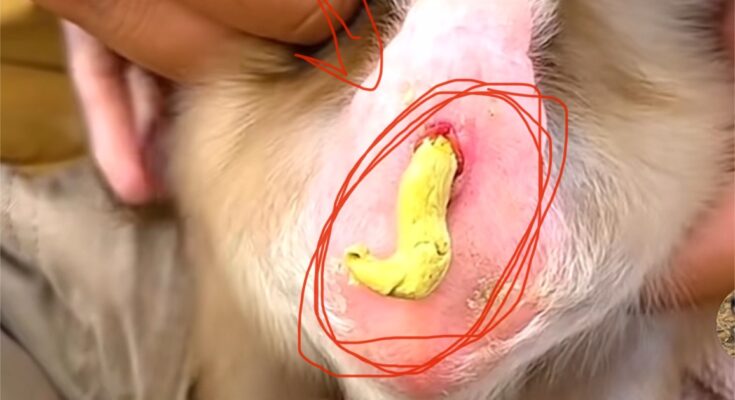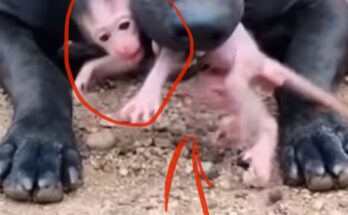Diarrhea in young monkeys can be a serious and potentially life-threatening condition. Just like in human infants, dehydration and rapid loss of nutrients can occur, leading to weakness, vulnerability to other illnesses, and even death if not addressed promptly. Whether you’re a wildlife rehabilitator, zookeeper, or a caregiver in a primate sanctuary, understanding how to care for young monkeys during such times is essential for their health and survival.
1. Recognize the Signs Early
Diarrhea in young monkeys can range from mild to severe. Common signs include:
-
Frequent loose or watery stools
-
Lethargy or weakness
-
Loss of appetite
-
Dehydration (sunken eyes, dry mouth, poor skin elasticity)
-
Soiling around the anus and tail
Early detection is key. A sudden change in stool consistency or frequency should never be ignored, especially in infants or juveniles.
2. Isolate and Monitor
To protect the rest of the troop or other monkeys in your care, isolate the sick monkey in a clean, warm, and quiet environment. Use gloves and proper sanitation protocols to avoid spreading any infectious cause. Monitor vital signs, food and water intake, and stool output regularly.
Create a care log to document:
-
Frequency and appearance of stools
-
Temperature readings
-
Behavioral changes
-
Treatments given and their effects
3. Hydration is the Top Priority
Dehydration is the most immediate threat when dealing with diarrhea. Oral rehydration solutions (ORS) formulated for primates, or in emergencies, diluted human ORS (like Pedialyte) can be used. Offer it frequently in small amounts.
In more severe cases, subcutaneous or intravenous fluids may be required. Always consult a primate veterinarian before administering these treatments.
4. Adjust the Diet
Temporarily switch to a bland, easily digestible diet. Options include:
-
Boiled rice water
-
Mashed banana
-
Cooked sweet potatoes
-
Rehydrated formula for infants
Avoid giving milk (unless it’s a specific primate milk replacer), raw fruits with high acidity, or sugary foods until stools normalize.
5. Veterinary Diagnosis and Treatment
It’s important not to guess the cause. Diarrhea in young monkeys can result from:
-
Bacterial infections (e.g., E. coli, Salmonella)
-
Viral infections (e.g., Rotavirus)
-
Intestinal parasites
-
Stress, dietary changes, or antibiotic side effects
A vet can perform stool analysis, blood tests, and prescribe appropriate antibiotics or antiparasitics. Avoid self-medicating with human drugs—monkeys require species-specific care.
6. Prevent Future Occurrences
Once recovered, prevention is key:
-
Keep enclosures clean and dry
-
Ensure all food and water are fresh and uncontaminated
-
Quarantine new arrivals or ill monkeys
-
Keep the young with experienced caretakers to reduce stress
Routine health checks and vaccinations (if applicable) can also help reduce the risk of recurrent illness.
Final Thoughts
Caring for a young monkey with diarrhea requires patience, vigilance, and proper medical support. What seems like a simple digestive issue can escalate quickly if not handled correctly. By acting promptly, maintaining good hygiene, and seeking veterinary guidance, you can ensure your young monkey recovers safely and stays healthy in the future.



